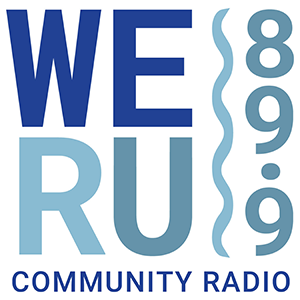Producer/Host: Natalie Springuel
Maine coastal and ocean issues: Ocean Acidification, how can states and local communities respond?
-What is Ocean Acidification? Much like carbon dioxide wreaks havoc on the atmosphere, C02 in the ocean triggers a series a chemical processes that lower the pH of the water, making it more acidic. This can cause problems for shellfish, a concern in a state like Maine where shellfish harvesting is an important part of our coastal economy.
-What can states and communities do about it? We’ll explore the last decade of how states and communities have been responding to ocean acidification, including Maine, with lessons learned for the East and West coasts.
-On today’s show, you’ll learn how new modeling and forecasting tools will help fishing communities and water quality management adapt to changing conditions. You can hear about a region-wide, simultaneous monitoring event to expand Ocean Acidification research through community-science organizations and private-public partnerships.
Guests:
Jessie Turner: Secretariat of the Ocean Acidification Alliance, guest editor of special Ocean Acidification issue of Coastal Management Journal
Aaron Strong: Assistant Professor of Environmental Studies at Hamilton College and formerly professor at the University of Maine
Parker Gassett: Marine Extension Associate with Maine Sea Grant, coordinating efforts on climate resilience at the community level.
About the host:
Natalie Springuel has hosted Coastal Conversation’s since 2015, with support from the University of Maine Sea Grant where she has served as a marine extension associate for 20 years. In 2019, Springuel received an award for Public Affairs programming from the Maine Association of Broadcasters for the Coastal Conversations show called “Portland’s Working Waterfront.” Springuel is passionate about translating science, sharing stories, and offering a platform for multiple voices to weigh in on complex coastal and ocean issues. She has recently enrolled in audio production training at Maine Media Workshop to dive deeper into making great community radio.
Podcast: Play in new window | Download



 Donate to WERU Today!
Donate to WERU Today!